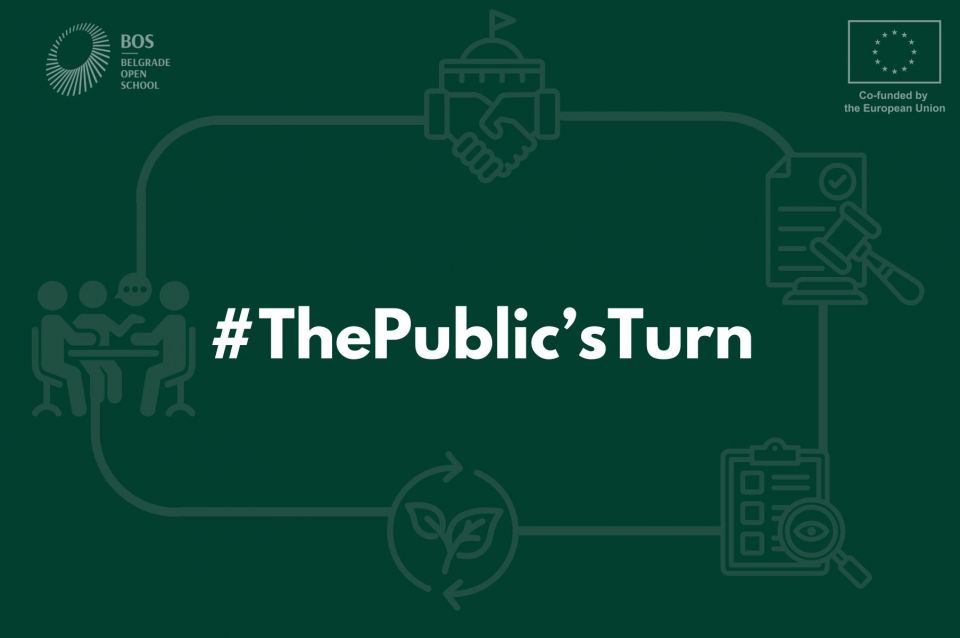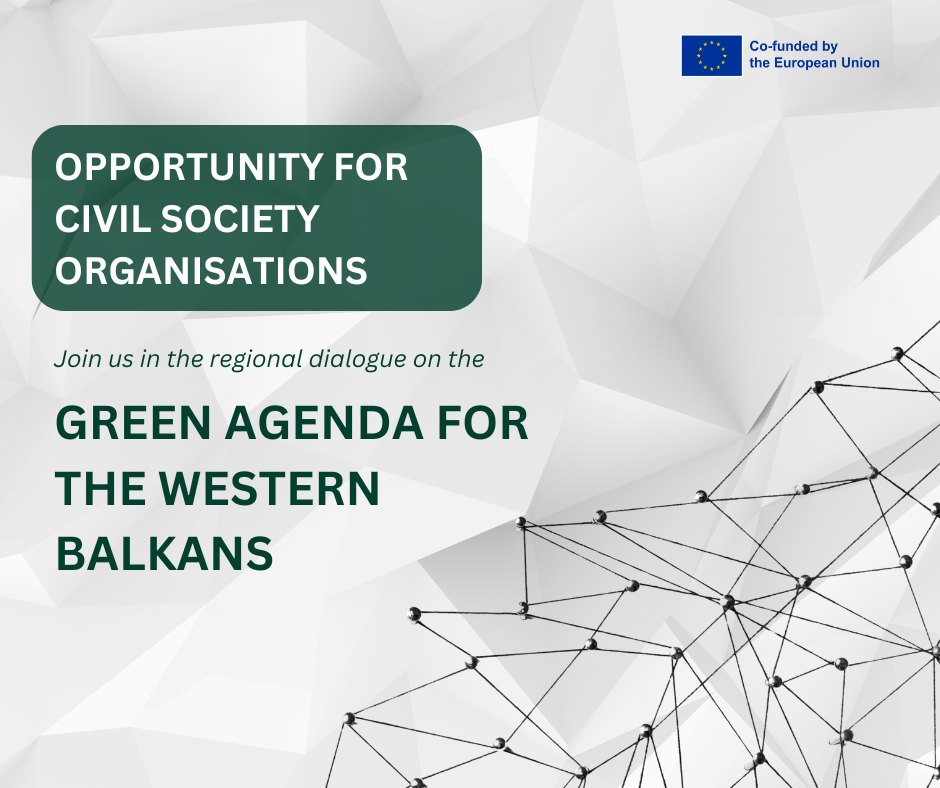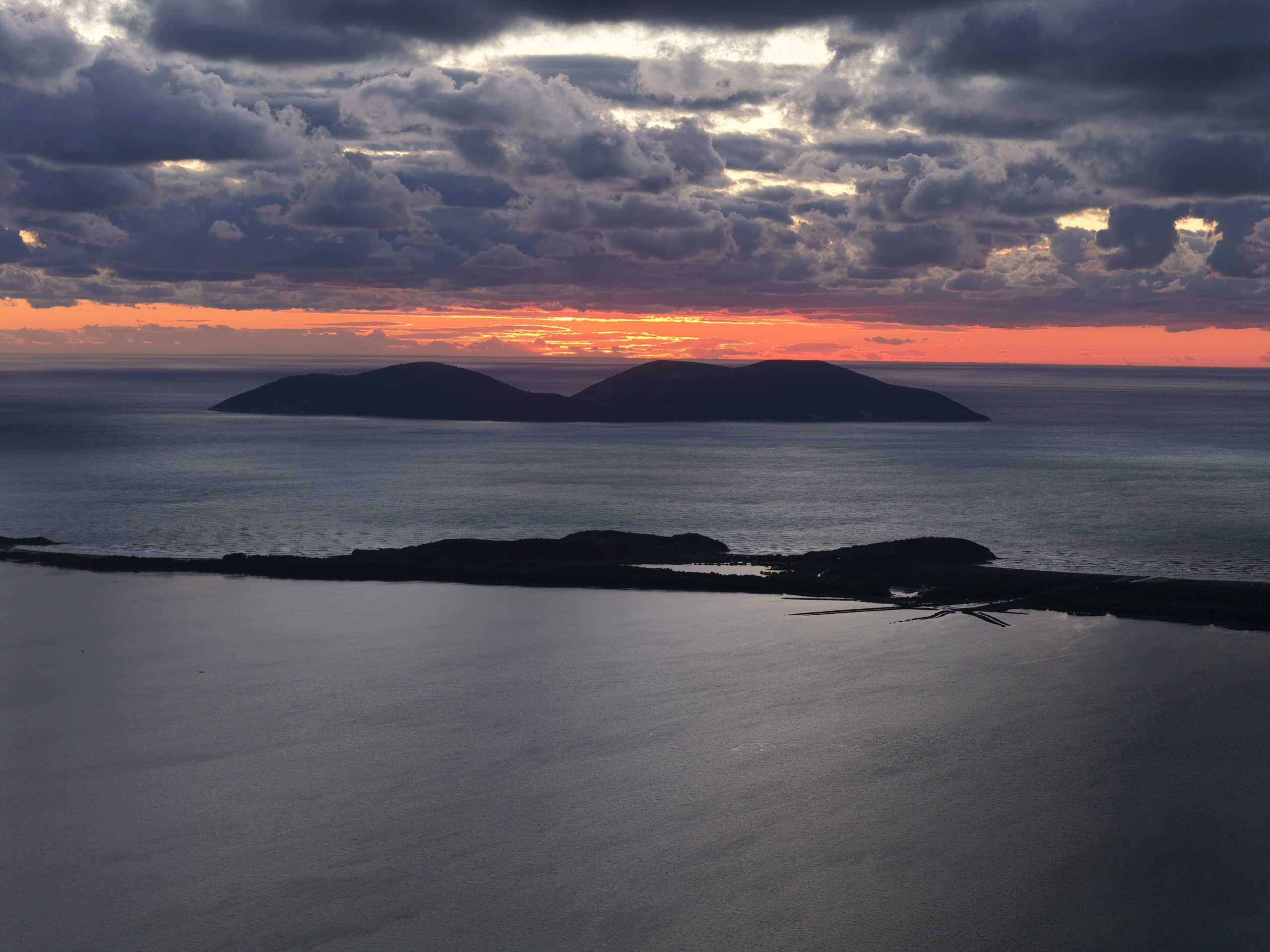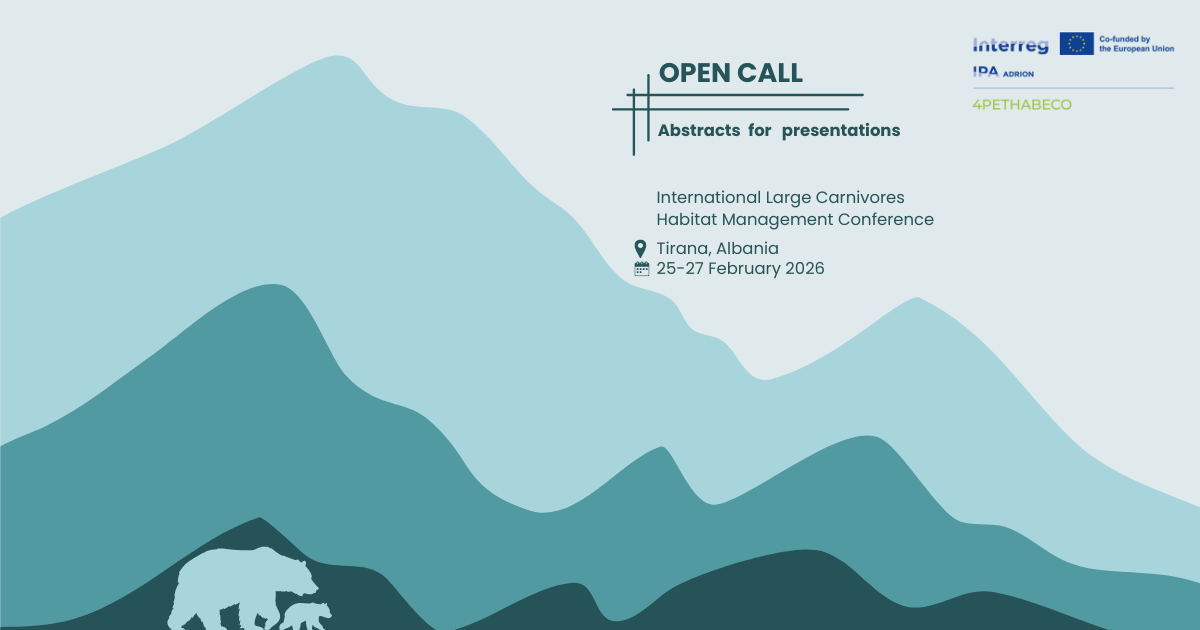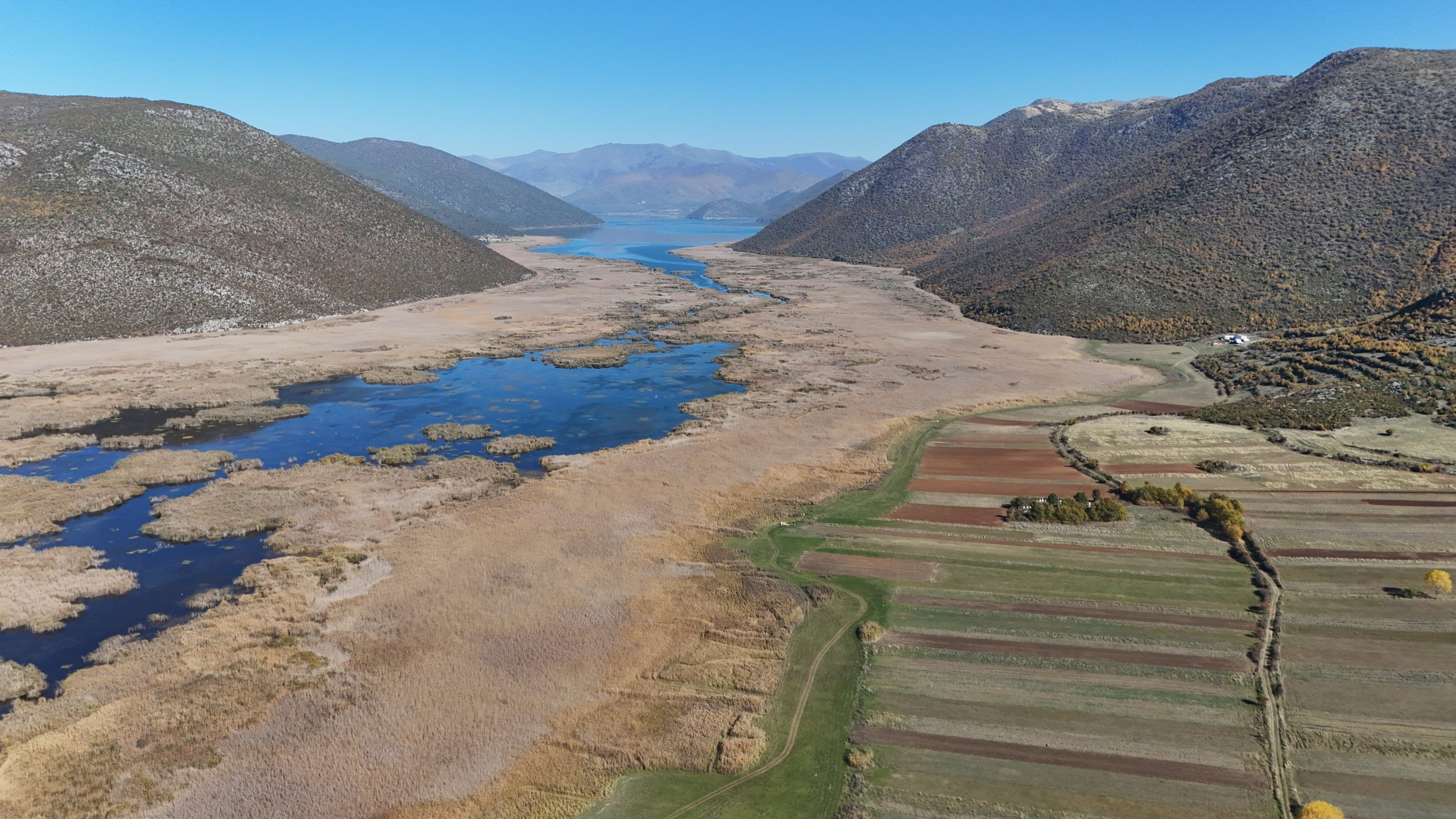The Regional Cooperation Council (RCC), in cooperation with its partners, has launched the first revision of the Action Plan for the implementation of the Sofia Declaration on the Green Agenda for the Western Balkans (2021–2030).
This is an opportunity for civil society organizations and the interested public to get involved in the consultation process and provide their comments and suggestions. Consultations are open until May 4, 2025, and comments and proposals can be submitted through the website of the Regional Cooperation Council.
The Action Plan, adopted in October 2021, includes 58 priority actions grouped into five pillars and seven roadmaps, providing strategic direction and guidelines for implementation and monitoring progress.
This is the first of two planned revisions of the Action Plan. It is an opportunity to adapt the plan to current circumstances and incorporate lessons learned from the past years. The next revision of the Action Plan is planned for 2027.
Previously, a group of organizations coordinated by CEE Bankwatch Network prepared a document with concrete proposals to improve the Action Plan. The document suggests that some activities should be defined more precisely, while those that are unclear or inapplicable should be removed. The proposals address key areas such as decarbonization, pollution reduction, biodiversity protection, and circular economy.
What is the Green Agenda for the Western Balkans?
By signing the Sofia Declaration on the Green Agenda for the Western Balkans on November 10, 2020, countries of the region committed to implementing the Green Agenda as a kind of “roadmap” for a series of concrete actions and measures aimed at achieving low-carbon development and economic growth in line with the principles of sustainable development.
The Green Agenda is a response to the need to align the vision and objectives of Western Balkan economies with the European Green Deal, through the improvement of public policies in five thematic areas: 1) decarbonization, 2) circular economy, 3) depollution (water, air, and soil), 4) sustainable agriculture, and 5) nature and biodiversity protection.
With the aim of contributing to inclusive democratization and participatory implementation of reforms in the process of the Western Balkans’ accession to the European Union—by enhancing cooperation, understanding, and the influence of civil society organizations on the implementation of the Green Agenda Belgrade Open School is implementing the project “Green Agenda Navigator – Empowering civil society to support development of climate neutral, resilient, resource efficient and competitive economies in Western Balkans”. The project is implemented by the Belgrade Open School in cooperation with six regional partners: the Aarhus Centre Association in Bosnia and Herzegovina, the Eco-Team organization from Montenegro, the Eco-Zone organization from Kosovo*, the Center for Environmental Research and Information Eco-Svest from North Macedonia, the Protection and Preservation of Natural Environment organization from Albania, and the CEE Bankwatch Network. Project activities will run until May 31, 2027, and are financially supported by the European Union.
* This designation does not prejudice the status of Kosovo and is in accordance with United Nations Security Council Resolution 1244, as well as the International Court of Justice’s opinion on the Kosovo declaration of independence.
